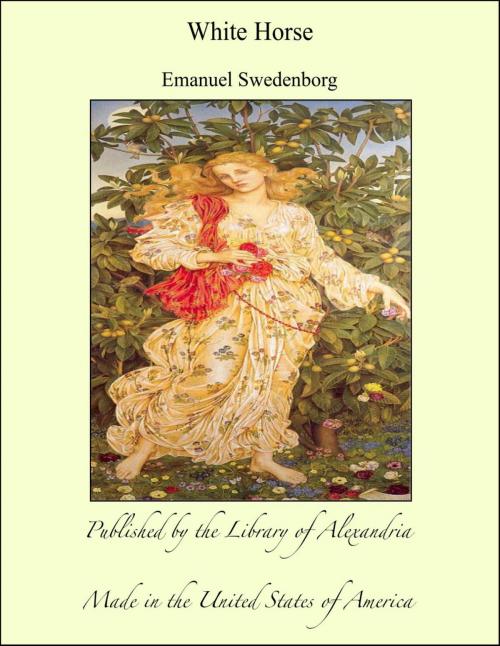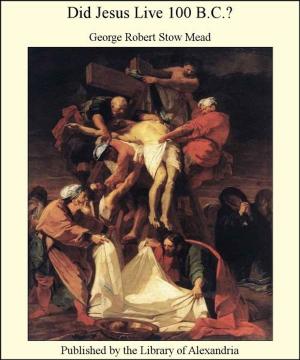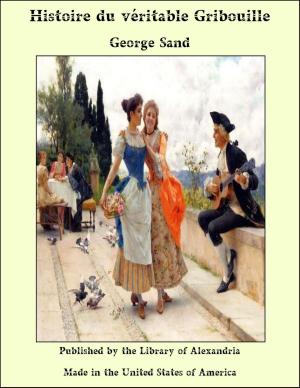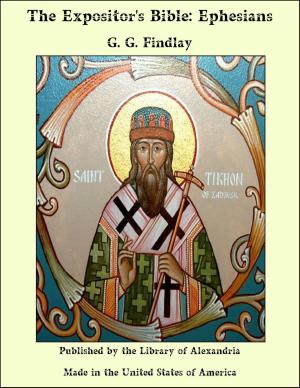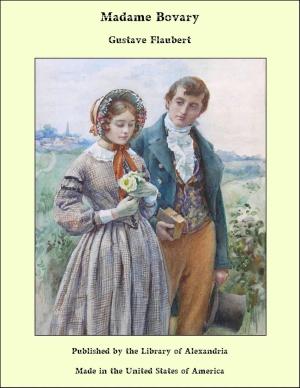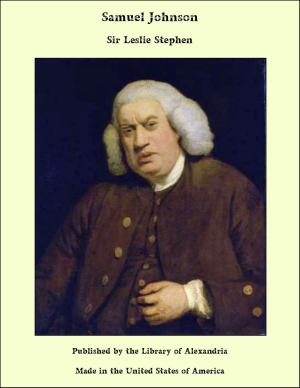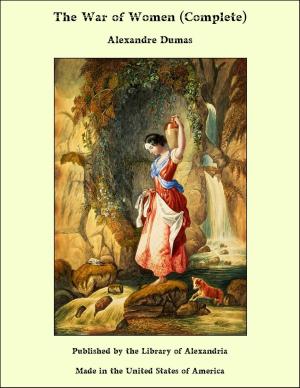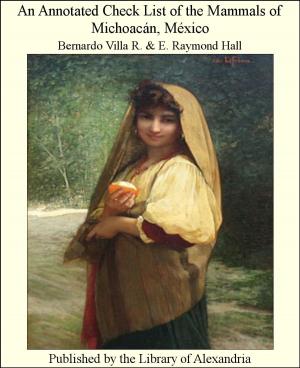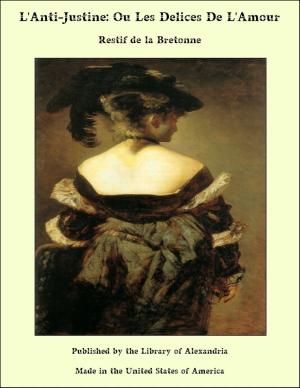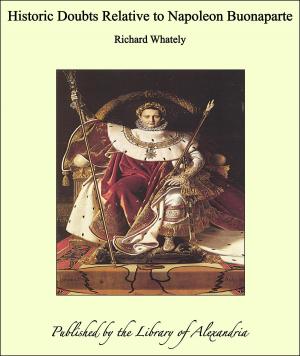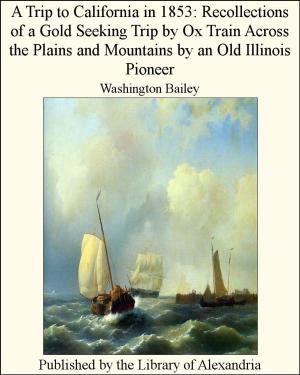| Author: | Emanuel Swedenborg | ISBN: | 9781465573575 |
| Publisher: | Library of Alexandria | Publication: | March 8, 2015 |
| Imprint: | Language: | English |
| Author: | Emanuel Swedenborg |
| ISBN: | 9781465573575 |
| Publisher: | Library of Alexandria |
| Publication: | March 8, 2015 |
| Imprint: | |
| Language: | English |
THE WHITE HORSE mentioned in THE APOCALYPSE CHAPTER 19 In the Apocalypse of John the Word is thus described as to its spiritual or internal sense: I saw heaven opened, and behold a white horse, and He that sat upon him was called faithful and true, and in justice He doth judge and make war. His eyes were as a flame of fire; and upon His head were many diadems; and He hath a name written that no one knew but He Himself. And He was clothed with a vesture dipped in blood; and His name is called the Word of God. And the armies which were in the heavens followed Him upon white horses, clothed in fine linen white and clean. And He hath upon His vesture and upon His thigh a name written, King of kings and Lord of lords (19:11-14, 16). No one can know what each of these expressions involves, except from the internal sense. It is manifest that every expression is in some respect representative and significative: as when it is said, that "heaven was opened;" that there was "a white horse;" that "there was One sitting upon him;" that "in justice He doth judge and make war;" that "His eyes were as a flame of fire;" that "on His head were many diadems;" that "He had a name that no man knew but He Himself;" that "He was clothed with a vesture dipped in blood;" that "the armies which were in heaven followed Him upon white horses;" that "they were clothed in fine linen white and clean;" and that "on vesture and on His thigh He had a name written."
THE WHITE HORSE mentioned in THE APOCALYPSE CHAPTER 19 In the Apocalypse of John the Word is thus described as to its spiritual or internal sense: I saw heaven opened, and behold a white horse, and He that sat upon him was called faithful and true, and in justice He doth judge and make war. His eyes were as a flame of fire; and upon His head were many diadems; and He hath a name written that no one knew but He Himself. And He was clothed with a vesture dipped in blood; and His name is called the Word of God. And the armies which were in the heavens followed Him upon white horses, clothed in fine linen white and clean. And He hath upon His vesture and upon His thigh a name written, King of kings and Lord of lords (19:11-14, 16). No one can know what each of these expressions involves, except from the internal sense. It is manifest that every expression is in some respect representative and significative: as when it is said, that "heaven was opened;" that there was "a white horse;" that "there was One sitting upon him;" that "in justice He doth judge and make war;" that "His eyes were as a flame of fire;" that "on His head were many diadems;" that "He had a name that no man knew but He Himself;" that "He was clothed with a vesture dipped in blood;" that "the armies which were in heaven followed Him upon white horses;" that "they were clothed in fine linen white and clean;" and that "on vesture and on His thigh He had a name written."
